Here we go again! Melbourne’s Latest Panic Buying Frenzy Explained
Don’t blame the hoarders, says behavioural science expert Dan Monheit, co-founder and Strategy Director of Hardhat, it comes down to unconscious biases.
Melbourne strict stage 4 lockdown laws are screwing down even tighter. From Sunday midnight, the workforce of supermarket warehouses, food distribution centres and large abattoirs are to be reduced by one third and poultry plants will run at 80% capacity.
But rather than shortages in the supply chain, it’ll be panic buying that will see supermarkets picked bare. Cue pictures on social media of empty shelves devoid of meat, chicken, vegetables, pasta and dairy goods and status updates bemoaning those pesky hoarders who have enough meat in the spare freezer to start a Saturday sausage sizzle!
But three behavioural heuristics are conspiring to turn us all into crazy panic buyers.
Toilet roll until 2026
Behaviour at play: Zero Risk Bias
Zero Risk Bias describes our irrationally strong preference for situations that have absolute certainty. Any reduction in risk is good, but the complete removal of risk is disproportionally good, as it lets people ‘take something off their list’ of worries. Zero Risk Bias is why age-old sales techniques like ‘money-back guarantees’, ‘free trials’, and ‘find it cheaper and we’ll match the difference’ are age-old sales techniques. For COVID-19, this plays out with people thinking that if they buy their usual 12 pack of toilet paper, they might have a 1% chance of running out. If they instead buy 60 rolls of toilet paper, they have a 0% chance of running out and they don’t need to worry about it.
Steak envy
Behaviour at play: Social Proof.
Social proof refers to our innate herd mentality. Our brains are wired to imitate others. It’s how we learn to walk and talk like babies, and it doesn’t stop just because we’re no longer toddlers. When we find ourselves in a situation where we’re not sure what to do (art show, fancy restaurant, wine tasting, unfamiliar religious ceremony, global pandemic), we tend to copy others, assuming they have a better idea than we do. In part, this is why we wait in line to dine at full restaurants, mimic what others are doing on the stock market and find TV shows that use canned laughter funnier than those that don’t. In the middle of a pandemic, it’s hard to be the only person in the supermarket not pushing around a trolley filled to the brim with meat, chicken or veggies. We can’t help but assume that if that’s what everyone else is doing, we should do it too.
How carbs became insanely popular
Behaviour at play: Scarcity Bias
Scarcity Bias is what causes us to assume that something is more valuable, simply because it’s in short supply, high demand, or only available within a limited timeframe. For example, diamonds are considered more valuable than rocks, largely because rocks are far more abundant. When we consider the previous two heuristics (and what happened a couple of months ago), it’s easy to see why we all believe that pasta is going to be scarce, therefore more valuable, therefore something worth buying in abundance now while we still can.


